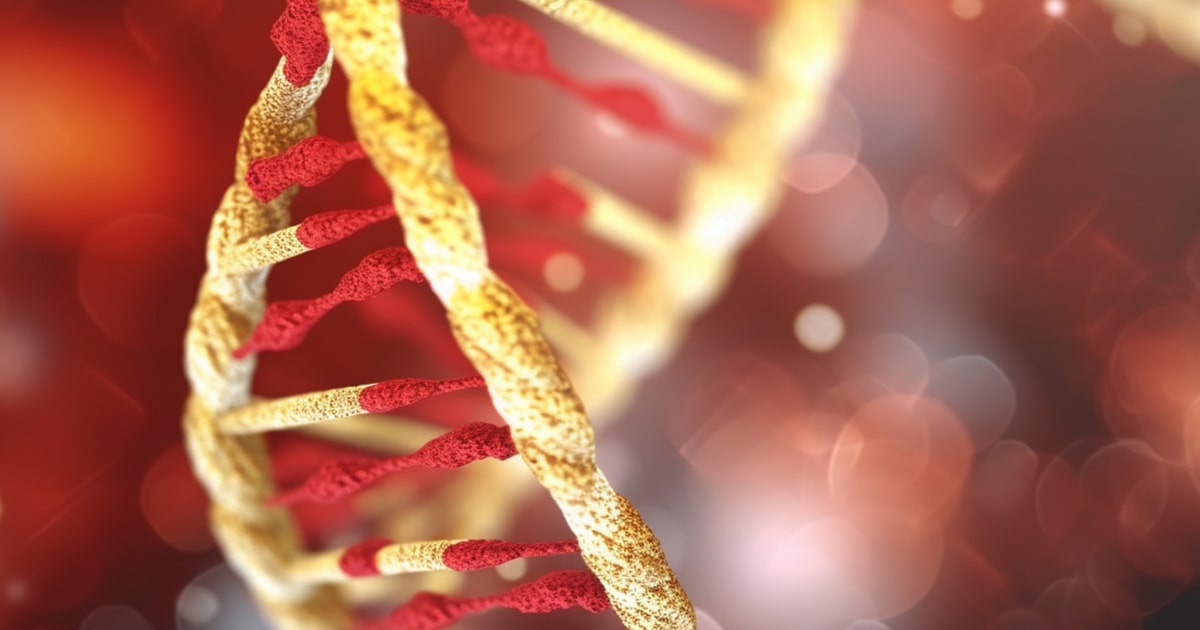
Expert Reviewed By: Dr. Brandon Colby MD
In the realm of rare genetic disorders, Hydrolethalus Syndrome 2 (HLS2) stands as a formidable challenge. Characterized by severe developmental abnormalities, this condition is often fatal, presenting a unique set of challenges for both families and medical professionals. As our understanding of genetics deepens, so does our ability to diagnose and potentially manage such conditions. This article delves into the role of genetic testing in understanding and addressing Hydrolethalus Syndrome 2.
Decoding Hydrolethalus Syndrome 2
Hydrolethalus Syndrome 2 is a rare autosomal recessive disorder, primarily affecting the central nervous system. It is marked by multiple congenital anomalies, including severe hydrocephalus, polydactyly, and craniofacial dysmorphisms. The genetic underpinnings of HLS2 involve mutations in the HYLS1 gene, which play a critical role in cilia function and embryonic development. The severity of this condition often results in prenatal lethality, making early detection and intervention crucial.
The Power of Genetic Testing
Genetic testing has emerged as a powerful tool in the diagnosis and management of rare genetic disorders like HLS2. By identifying specific genetic mutations, healthcare providers can offer more accurate diagnoses, prognoses, and personalized care plans. This section explores the various applications and benefits of genetic testing in the context of Hydrolethalus Syndrome 2.
Early Diagnosis and Prenatal Screening
One of the most significant advantages of genetic testing is the ability to diagnose conditions early, often before birth. Prenatal genetic screening can identify the presence of HYLS1 mutations, allowing expectant parents to make informed decisions about their pregnancy. Early diagnosis can also prepare healthcare providers to manage potential complications immediately after birth, should the child survive.
Informing Family Planning
For families with a history of HLS2, genetic testing provides essential information for family planning. Carrier testing can determine whether prospective parents carry the HYLS1 mutations associated with the syndrome. This knowledge empowers families to make informed reproductive choices, including the use of assisted reproductive technologies or prenatal testing in future pregnancies.
Guiding Personalized Care
Genetic testing not only aids in diagnosis but also informs personalized care strategies. Understanding the specific mutations involved in HLS2 can help healthcare providers anticipate potential complications and tailor interventions accordingly. This personalized approach enhances the quality of care and improves outcomes for affected individuals and their families.
Advancing Research and Therapeutic Development
Genetic testing plays a pivotal role in advancing research into rare disorders like HLS2. By identifying and cataloging specific genetic mutations, researchers can gain insights into the biological mechanisms underlying the condition. This knowledge is crucial for developing targeted therapies and potential treatments, offering hope for future generations affected by this devastating syndrome.
Conclusion
Hydrolethalus Syndrome 2 presents significant challenges due to its severe manifestations and often-fatal outcomes. However, the advancement of genetic testing offers a beacon of hope for affected families and the medical community. Early diagnosis, informed family planning, personalized care, and research advancements are just a few of the benefits that genetic testing provides. As our understanding of genetics continues to evolve, so too does our ability to confront and manage rare disorders like Hydrolethalus Syndrome 2.
For further reading, please refer to the study on Kleefstra syndrome 2, which highlights the importance of genetic testing in understanding complex developmental disorders: MDPI Study on Kleefstra Syndrome 2.
About The Expert Reviewer
Dr. Brandon Colby MD is a US physician specializing in the personalized prevention of disease through the use of genomic technologies. He’s an expert in genetic testing, genetic analysis, and precision medicine. Dr. Colby is also the Founder of and the author of Outsmart Your Genes.
Dr. Colby holds an MD from the Mount Sinai School of Medicine, an MBA from Stanford University’s Graduate School of Business, and a degree in Genetics with Honors from the University of Michigan. He is an Affiliate Specialist of the American College of Medical Genetics and Genomics (ACMG), an Associate of the American College of Preventive Medicine (ACPM), and a member of the National Society of Genetic Counselors (NSGC)